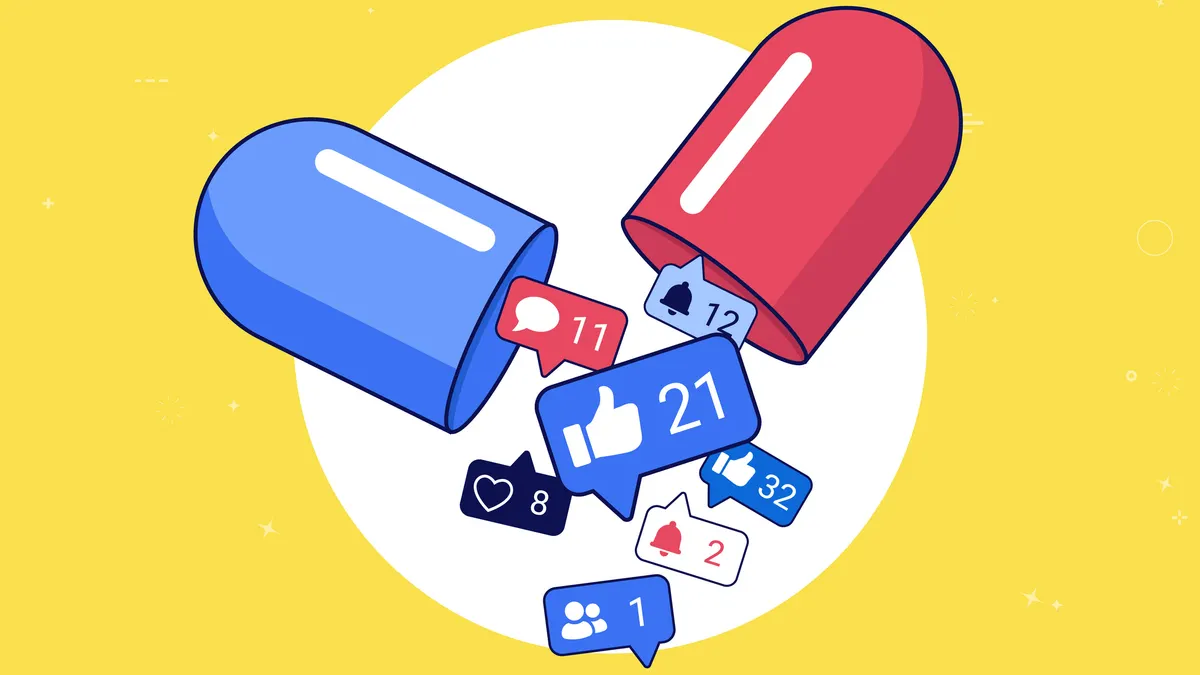 Artificial intelligence (AI) has been described as many noteworthy life-changing and impressive things: the new electricity, more notable than rocketry, an accomplishment as prominent as the launch of the internet, one of the greatest inventions by mankind. Even though AI is considered relatively young technology, the first official AI program, a problem-solver called The Logic Theorist, was designed in 1955. In 1956, the term artificial intelligence was coined. It’s come a long way since.
Artificial intelligence (AI) has been described as many noteworthy life-changing and impressive things: the new electricity, more notable than rocketry, an accomplishment as prominent as the launch of the internet, one of the greatest inventions by mankind. Even though AI is considered relatively young technology, the first official AI program, a problem-solver called The Logic Theorist, was designed in 1955. In 1956, the term artificial intelligence was coined. It’s come a long way since.
Driving brand awareness while providing customers with a seamless, personalized experience go hand-in-hand, and are key factors that will differentiate you from your competitors. We all await with excitement as artificial intelligence (AI), or the newly coined augmented intelligence intersects the many aspects of marketing, allowing for better and more empathetic content that has never before been possible. With the great data provided through today’s analytics, satisfying unmet content needs are no longer an ideation. Using AI, we can be spot on with what we deliver.
Do we stand to lose the human element of marketing? More tools, more tech, less human touch? To truly succeed, we need to use the tools to provide human marketers with a deeper understanding of the human psyche.
Using AI to Improve the Customer Experience
Whether it’s used for improving customer behavior segmentation and channel analysis, powering a chatbot or voice assistant, or driving an app journey, AI and machine-based learning (MBL) are formidable forces to advance healthcare marketing and the customer experience.
Like most things digital, technology and data keep improving and becoming more sophisticated, leading the application of AI to become the gold standard for problem-solving and driving efficiencies. Within the healthcare vertical, AI is currently being used to improve diagnostics, reduce errors, drive research for new medicines, find the right patients for clinical trials, identify patient journeys, enhance access to health information, streamline processes for hospitals and medical offices, and so much more.
As healthcare marketers, we can use AI to drive a better, more personalized customer experience for our brands. This can have a commanding influence in providing the right information at exactly the right time and place to customers. Pharma brands have the opportunity to provide education, data, and resources to various target audiences at differing levels of the customer journey, which ultimately drives better patient outcomes.
Using AI to Improve Marketing Processes
Key applications in which AI can alter and embellish current marketing processes, and the results can truly have a persuasive effect by using the power of AI and data include:
Effective predictive modeling to gain a better understanding of customer behaviors, inform customer segmentation strategies, and improve uptake and return on investment (ROI) for our brands’ marketing campaigns
Dynamic content management that includes personalization of content, identification of a brand’s highest performing content, determining the unmet content needs, and informing future content development, content amortization, and the right channel distribution mix for optimal visibility.
The ability to drive efficiencies through marketing automation for various customer relationship management (CRM) touchpoints isn’t new, but with the infusion of AI, brands are empowered to identify and engage with new customers who emulate the characteristics of current customer profiles. It allows for even more timely delivery of personalized content and provides content recommendations based on user profiles.
In programmatic media selection within ad buying and targeting, AI is thriving with its ability to take repeatable high-volume, low-value tasks and enhancing the process with rapid speed and acceleration.
AI, Chatbots, and Marketing
Healthcare is projected to become one of the most dominant contenders in chatbot applications. Chatbots are expeditiously popping up across the pharma landscape on websites, as voice assistant skills, as apps, and even in banner ads. Pharma companies are using natural language processing to communicate with customers, and the technology has been taught to recognize medical terminology.
Most healthcare chatbots currently in use focus on providing easy access to education and information, fulfilling an unmet need, and are easy to build and evolve. The future of bots, including some in development, is going to offer more by using AI to provide actionable advice or perform simple actions.
AI is a technology that succinctly provides personalized healthcare marketing, and takes bots and voice assistants further, making them indispensable helpers for patients, caregivers, and HCPs. AI technology allows marketers to further grow their customers’ brands and to measure effect, translating to a bigger ROI.(PV)
Ogilvy Health makes brands matter by keeping our audiences’ health, healthcare and wellness needs at the center of every touchpoint.
For more information, visit ogilvyhealth.com.
















